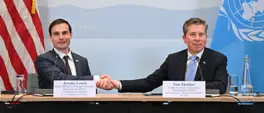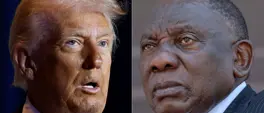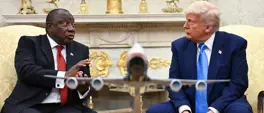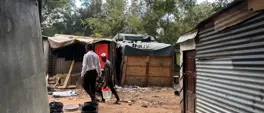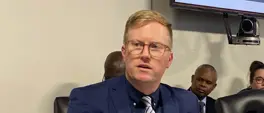Ramaphosa on NHI: Access to quality healthcare shouldn't depend on ability to pay
Babalo Ndenze
20 May 2024 | 7:20Writing in his latest newsletter, Ramaphosa also said the current healthcare insurance situation in the country does not serve the poor and the middle class and the National Health Insurance will be a 'lifeline' for millions.
JOHANNESBURG - President Cyril Ramaphosa says access to quality and decent healthcare should not depend on one’s ability to pay.
Ramaphosa also said the current healthcare insurance situation in the country does not serve the poor and the middle class and the National Health Insurance (NHI) will be a “lifeline” for millions.
Writing in his latest newsletter, Ramaphosa reflected on the National Health Insurance Act which he signed into law amid much fanfare last week.
The signing was received with mixed reactions, with many praising the move while others questioned the country’s readiness for universal healthcare.
READ MORE:
Ramaphosa has tried to dismiss the notion that private healthcare is funded completely independently from government.
He said this couldn’t be further from the truth.
Ramaphosa said the training of doctors, nurses and other healthcare personnel who work in both the public and private sectors is subsidised by the State.
He said as an employer, the state also pays billions of rands annually in subsidies for employees who are members of the various public sector medical aid schemes.
On affordability and access, Ramaphosa said this should not depend on whether a person can afford to pay.
The president said the NHI will be a lifeline for millions of poor South Africans whose resources will be freed up for other essential needs and alleviate the burden on those who are increasingly paying more in medical aid premiums for increasingly fewer services.
Get the whole picture 💡
Take a look at the topic timeline for all related articles.

